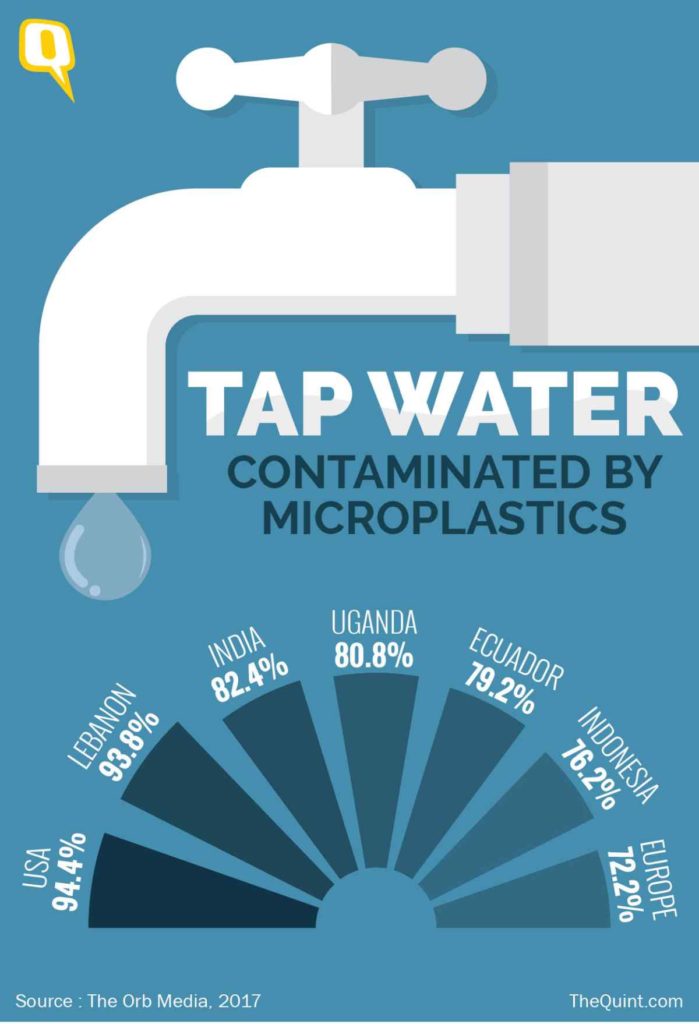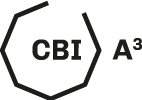We started out by discussing our team values, setting expectations for ways of working as a team. Our task this week is to understand the United Nations Sustainable Development Goals (SDGs) and identify issues in Victoria related to SDG 6 and 14. Based on this, we are beginning to draft our Opportunity Cards.
We brainstormed as a team on the possible industries that contribute to water-related problems in Victoria. Our list included hospitality, manufacturing, agriculture, water management, tourism, fishing and firefighting. From preliminary research, some issues that arise from these industries are:
- access to potable water
- loss of habitat
- microplastics in water systems
- water scarcity
- chemical pollution
- overfishing
- increase in water-borne diseases
- ocean acidity
We didn’t realise how common it is to have microplastics in our water (found in 83% of global samples!) and food sources which will bind to toxins that don’t dissolve and could cause cancer as well as other health problems.

Scary numbers on the amount of microplastics we are drinking every day without even realising
Another interesting fact we never thought of is that firefighting causes waterway contamination due to the use of per-and poly-fluoroalkyl substances (PFAs) in firefighting foam. The chemical is linked to a higher risk of cancer and can build up in living organisms over time. It is interesting to see how saving lives could also contribute to long-term environmental problems.
The agriculture industry is the highest consumer of water in Australia, using up to 70% of water per annum. In Victoria specifically, the agriculture industry is the highest consumer followed by water supply, sewerage and drainage services industry. Households are also a significant consumer of water in Victoria.
We found that this topic is extremely broad and there are many possibilities. It is hard to determine how much we should narrow the problems and to determine causality. Mapping out the issues and industries made us realise that they are interconnected to each other.
“The river is like our refrigerator that keeps the meat fresh… It is like a supermarket with all of the food and things we need. Why would we poison our water?”
What’s happening to Australia’s Biodiversity?’
WHAT’S NEXT?
We will conduct further research into the problem areas we have identified above, using this to inform our opportunity cards. We are also looking out for subject matter experts in the Swinburne community whom we can speak to and making plans to conduct primary research by visiting a water and sewerage plant and/or wetland education centre.

Recent Comments